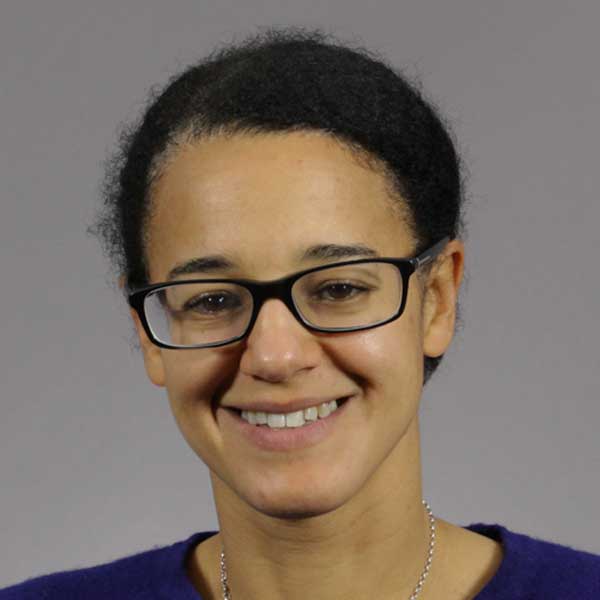Responsible Innovation and Open Innovation with Large Bioresources: Goals, Challenges and Proposals
This project hosted a workshop on the openness of large bioresources in synthetic biology and genomics (e.g. the 100,000 Genomes Project). The workshop was held on 28 January 2016.
The Idea
This project will host a practical and highly-regarded Workshop in Winter/Spring 2016, that
- elicits information, positions and ideas about IP licensing practices for large synbio and genomic bioresources – including Biobricks and the 100,000 Genome Project;
- identifies opportunities for policy impact.
The proposed Workshop would also help create a network and platform for on-going inter-disciplinary collaboration between the partner institutions (Faculty of Law, OpenPlant and TSL; CSaP and NIHR Biomedical Research Centre), and engagement with government and industry in the SynBio policy area.
Particular issues include:
(i) current and emerging IP licensing practices for large genomic bioresources – for example, BioBrick and 100,000 Genome Project
(ii) the latest research findings about these licensing practices, and
(iii) policy debates concerning whether and to what extent policies of “open science” and “open innovation” are appropriate for the bioresources in plant synthetic biology and genomic medicine.
An original aspect of this project is to bring together two areas of intellectual property expertise: synthetic biology and genomic medicine. These are two areas where responsible, effective innovation policy is crucial if cutting edge science is to have a real-world effect. An overarching question for both fields is how to promote fundamental scientific discoveries, and the development of knowledge resources alongside private investment in technological applications and commercialization? Both fields also share the common feature of extensive investment in large-scale publicly funded bioresources: for example BioBrick, the Structural Genome Project, and the 100,000 Genome Project.
Some of the specific questions that will be addressed by the workshop are:
1. What Terms and Conditions should be stipulated in the IP and access policies of large-scale public bioresources in order to realise their goals (e.g. extensive/appropriate utilisation of the resources; appropriate openness; public benefit)?
2. What does it mean for SynBio and genomic biobank technology platforms and resources to be ‘open’?
- How could that be implemented in a legal framework wherein some forms of IP protection can arise automatically without registration (eg copyright, database rights)?
- How could/should the benefits of openness be integrated with policies to support upstream and downstream investment and commercialisation?
- Could/should fees be levied to sustain the ‘open’ platforms (which otherwise often require upfront and ongoing public or charitable investment)?
- Should access be restricted by contractual conditions – of what kind? Should the conditions differentiate between research and non-research usages; commercial and public sector organisations; large and SME industry involvement?
3. What can prior experience with ‘openness’ and emerging technology teach us (eg software development (Linux); human genome sequencing; creative commons licensing)?
What policies are in place or needed to support an international platform of (relatively) open-source biotechnologies, which are readily available for research and commercial development without undue hindrances from IP protection and contractual limitations?
The Team
Dr Kathy Liddell,
Senior Lecturer, Faculty of Law, University of Cambridge
Dr John Liddicoat,
Postdoctoral Fellow, Faculty of Law, University of Cambridge
Dr Rob Doubleday,
Director of the Centre for Science and Policy, Cambridge
Dr Nicola Patron,
Group Leader, the Earlham Institute, Norwich
Project Outputs
Project Report
Summary of the project's achievements and future plans
Project Proposal
Original proposal and application
Report publication Abstract
This report is from a Cambridge Workshop on the openness of large bioresources in synthetic biology and genomics (e.g. the 100,000 Genomes Project), held on 28 January 2016. Research in SB and Gx depends on the use of collections of tissue and data, commonly known as bioresources. Substantial amounts of time and money are being spent on creating these bioresources and it is likely that significant scientific breakthroughs and development of end-products may be missed or delayed if the tissue and data in these resources are not shared. Accordingly, the ‘openness’ of these bioresources — in other words, the ability for other researchers to access, use, and share these resources (which is typically recorded in a bioresource’s IP and access policy) — is a key issue for the success of bioresource initiatives and the progress of SB and Gx. There are, however, many different approaches to openness, and the development and dissemination of new knowledge are not necessarily advanced by distributing material at low cost or without any restrictions; time-limited rights of control (e.g. IP rights) may provide a useful incentive. It is a significant challenge to develop a fit-for-purpose openness policy that balances the advantages (and disadvantages) of different approaches to openness. The Workshop addressed this challenge by: reviewing openness policies adopted by large bioresources; eliciting ideas about access and intellectual property; debating the applicability of different openness policies; and identifying relevant areas for future research.
The full report can be downloaded at https://papers.ssrn.com/sol3/papers.cfm?abstract_id=2888871
Banner image credit: Holly Gramazio via Flickr, licensed under CC-BY-SA 2.0






